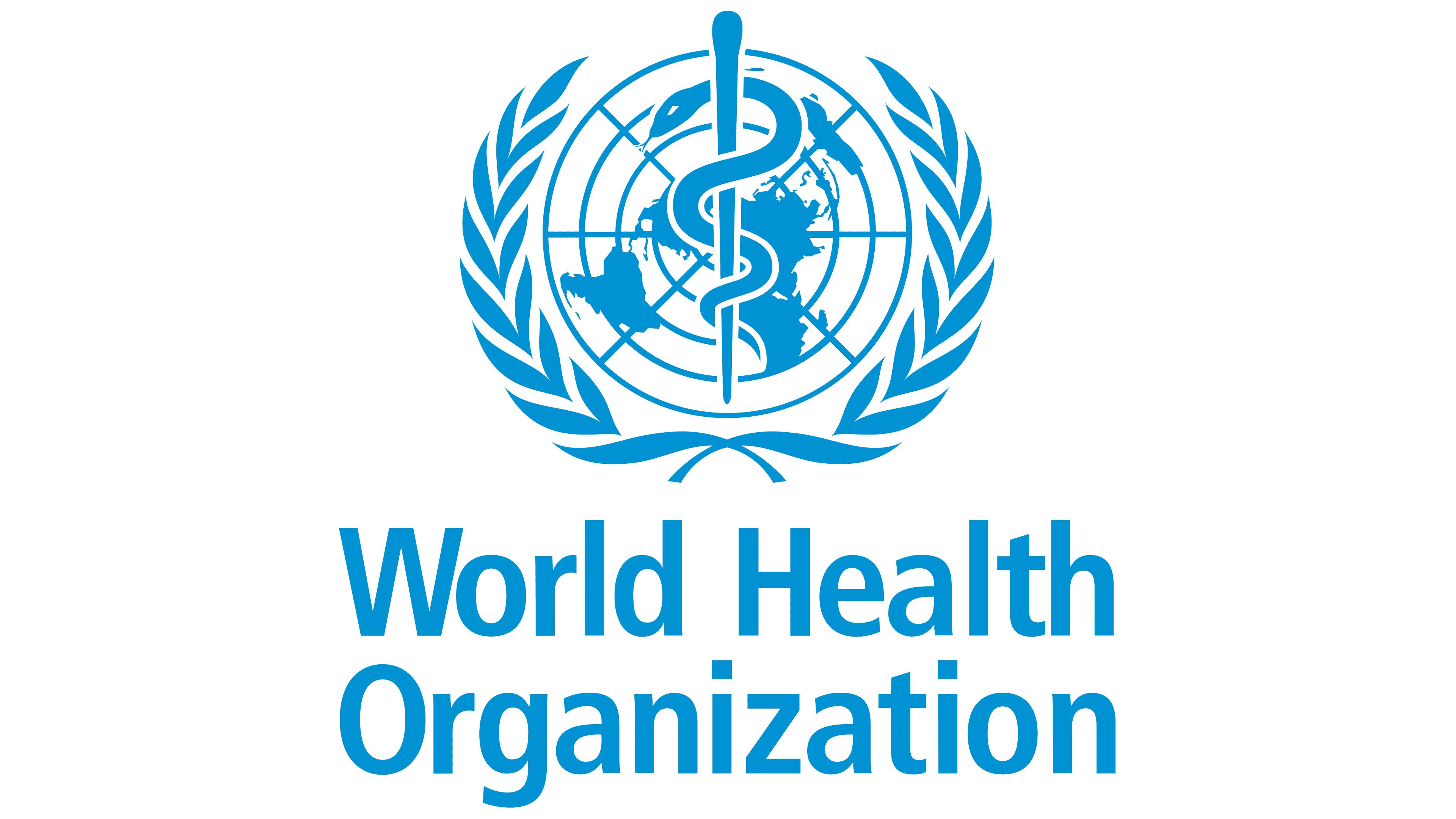World Health Organization (WHO), 2023

There is growing international consensus that food systems transformation is important to address the challenges of malnutrition in all its forms, the burden of noncommunicable diseases (NCDs), environmental sustainability, increasing inequality and ensuring the welfare of workers and animals.
In light of the urgency of these challenges, there are questions about the role of red and processed meat in healthy and sustainable food systems. Globally, production and consumption of all types of meat has increased substantially in the last 50 years, and – although red meat consumption is now plateauing in high-income countries (HICs) – is predicted to increase by a further 50% by 2050. Meat consumption remains highly unequal both between and within countries, and animal-source food intakes, including red meat, are lowest among those at most risk of undernutrition.
This information brief synthesizes the evidence on the role of red and processed meat production and consumption in health and environmental outcomes, and in different social and political contexts. It does not give consumption recommendations, but, rather, represents the first stage in a scoping process that could lead to World Health Organization (WHO) guidance on the role of red and processed meat in healthy diets from sustainable food systems. This information brief may also be used to inform the development of commitments and policy action on climate change and food systems at the 28th Conference of the Parties of the United Nations Framework Convention on Climate Change (COP28) in late 2023 and beyond.



